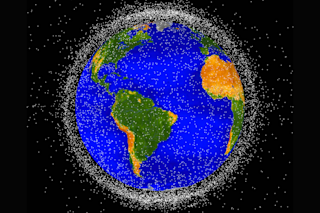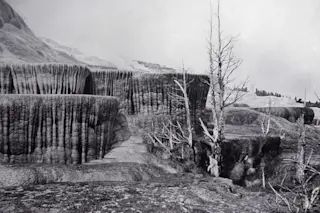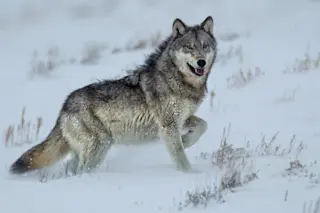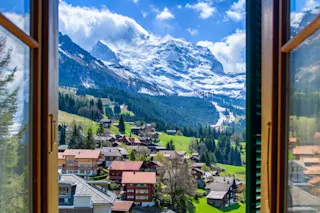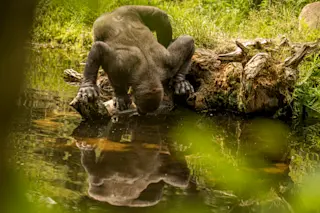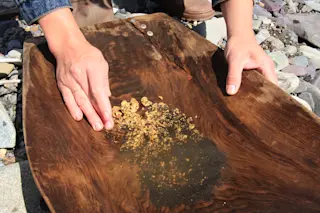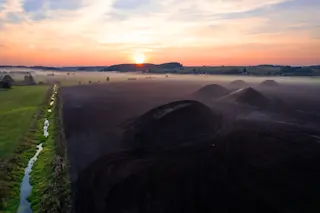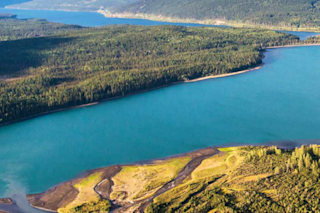Here's a story in the latest issue of Conservation magazine that should raise some hackles:
Social Scientists have long understood that corruption has disastrous effects on struggling economies and people, with the poorest suffering the brunt of that impact. What is now becoming clearer is corruption's devastating impact on ecosystems"”and on the business of conservation itself.
The piece has a great character who tackles Africa's wildlife trafficking in Cameroon. The story suggests that the problem is wider in scope and little acknowledged:
Discussing the influence of corruption on conservation is a bit like bringing up religion or politics with a new neighbor. The subject remains somewhat taboo"”possibly because some in conservation view it as a necessary evil while others say it is too big a beast to fight, much less clearly understand. "The conservation community is still loath to talk about it," says [ Transparency International's Robert] Barrington. "But evidence is emerging that corruption may be the hidden time bomb in conservation."
To loosen those lips, Conservation magazine might consider soliciting leaders of environmental NGO's to address the story head-on in an online forum.


